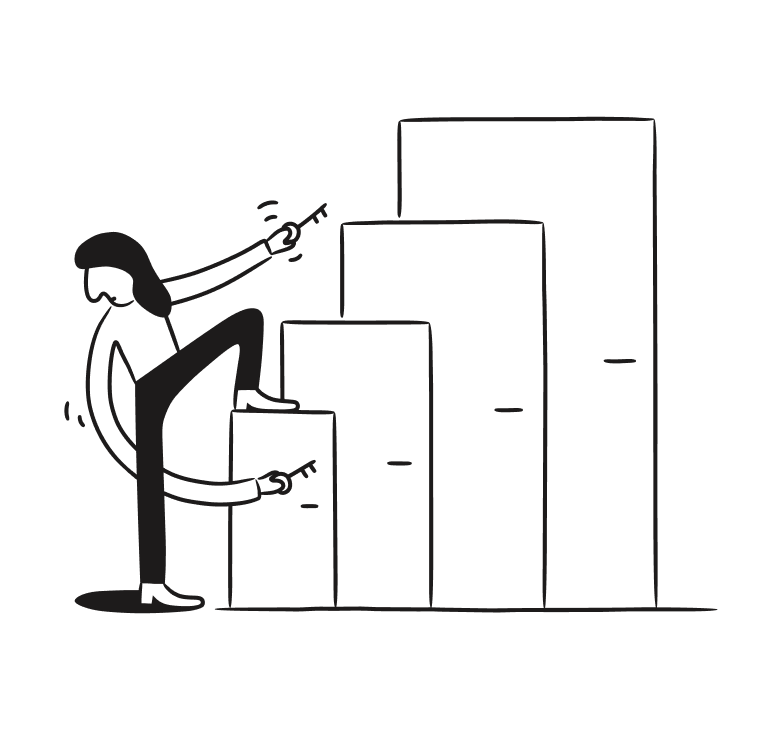What we treat
Support for obsessive compulsive disorder (OCD)
in Surrey
Obsessive-Compulsive Disorder (OCD) is a common anxiety-related condition involving patterns of unwanted thoughts and fears (obsessions) that lead to repetitive behaviours (compulsions). While it can begin in childhood, it usually develops in early adulthood.
If you are aged 17 and over, and registered with a GP in Surrey, you can self-refer for free typed cognitive behavioural therapy (CBT) without needing to see your GP first.

Symptoms of OCD
There are two main types of symptoms: obsessions and compulsions.
Obsessions are persistent and uncontrollable thoughts, images, urges, worries, fears or doubts that repeatedly appear in your mind. They can make you feel very anxious.
Obsessions tend to have themes to them, for example:
- Fear of contamination or dirt
- Needing things to be orderly and symmetrical
- Aggressive or horrific thoughts about losing control and harming yourself or others
- Doubting yourself excessively and having difficulty tolerating uncertainty
Examples of obsession signs and symptoms include:
- Fear of being contaminated by touching objects others have touched
- Intense stress when objects aren't orderly or facing a certain way
- Thoughts about shouting obscenities or acting inappropriately in public
- Doubts that you've locked the door or turned off the stove
Compulsions are repetitive physical behaviours or thought rituals that are performed over and over again in an attempt to relieve the anxiety caused by obsessional thoughts. These compulsions are excessive and often are not realistically related to the problem they're intended to fix.
As with obsessions, compulsions typically have themes, such as:
- Washing and cleaning
- Checking
- Counting
- Orderliness
- Demanding reassurance
Examples of compulsion signs and symptoms include:
- Hand-washing until your skin becomes chapped and raw
- Checking doors repeatedly to make sure they're locked
- Checking the stove repeatedly to make sure it's off
- Counting in certain patterns
- Silently repeating a prayer, word or phrase
- Arranging your canned goods to face the same way
- Because I thought it, I either did it or was the reason it happened
- Because I thought it, I either want to do it or want it to happen
This way of interpreting thoughts produces the anxiety that sufferers of OCD feel, and the anxiety generates behaviours that are an attempt to cope: repetitive or compulsive acts you feel driven to perform to control your anxiety.
Intrusive thoughts are unwanted thoughts that can pop into our heads without warning at any time. They are often repetitive and can take the form of images, sounds, or statements. These thoughts can be disturbing or distressing and can have a negative effect on our mental health and the way we behave.
Although intrusive thoughts are perfectly normal, people who have symptoms of anxiety or depression are most likely to experience unwelcome thoughts.
Supporting people in Surrey
Mindler is working in partnership with the NHS Talking Therapies in Surrey providing free and confidential talking therapy to adults aged 17 and over across Surrey. It’s quick and easy to access our service, with no need to see your GP first.
Simply click on the Self-refer button to answer a few questions via our online referral chat, and you can have your first session within days.


